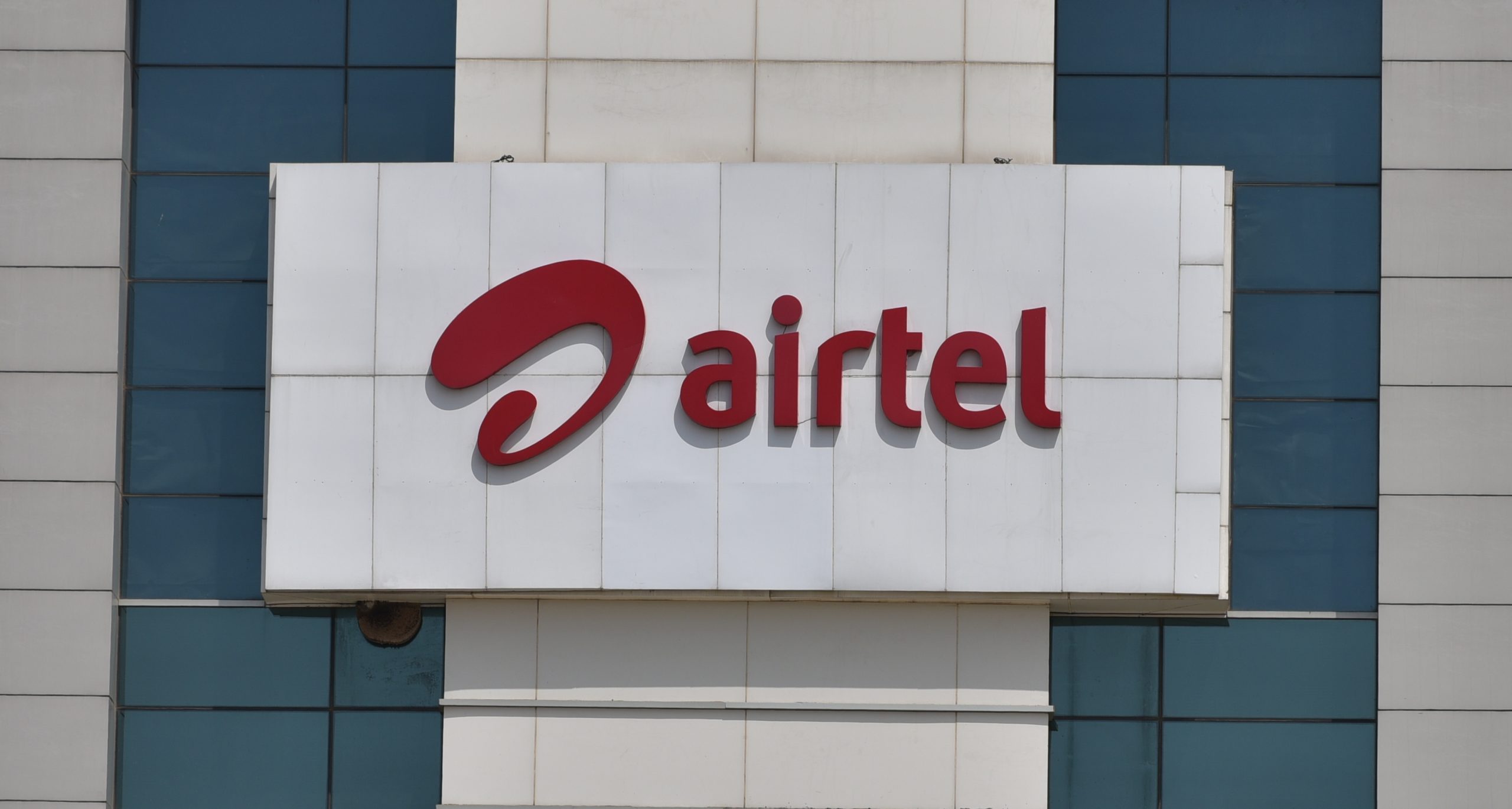Tata Electronics is set to double its iPhone casing production capacity at its Hosur facility in Tamil Nadu, aiming to reach 100,000 units per day ahead of Apple’s September product launches. This move underscores India’s growing role in Apple’s global supply chain.
Rebuilding After Setbacks
The Hosur plant, which had achieved a capacity of 50,000 enclosures before a fire in September 2024, has returned to its pre-fire production levels. The planned expansion is part of Phase II of the facility’s development.
Strategic Acquisitions Bolster Capacity
Tata Electronics has strengthened its position in Apple’s supply chain through strategic acquisitions. In March 2024, it acquired Wistron’s iPhone assembly operations in Karnataka. In January 2025, Tata secured a 60% stake in Pegatron Technology India, which manages an iPhone plant near Chennai.
India’s Growing Role in Apple’s Production
Apple is shifting more of its production to India amid U.S.-China trade tensions. In March 2025, India exported $2 billion worth of iPhones to the U.S., with Foxconn contributing $1.3 billion.
Apple CEO Tim Cook stated that for the June quarter, the majority of iPhones sold in the U.S. will have India as their country of origin.
Employment and Economic Impact
The expansion of the Hosur facility is expected to increase employment from over 15,000 to between 25,000 and 28,000 people.
Challenges Ahead
Despite the growth, challenges remain. The Hosur plant had a yield rate of just 50% in 2023, with half of the components failing Apple’s quality checks. Additionally, critical components like semiconductor chipsets still come from Taiwan’s TSMC, indicating that full independence from China remains a long-term goal.
Tata Electronics’ expansion reflects India’s increasing significance in Apple’s manufacturing strategy. While challenges persist, the growth of facilities like Hosur positions India as a key player in the global electronics supply chain.



















